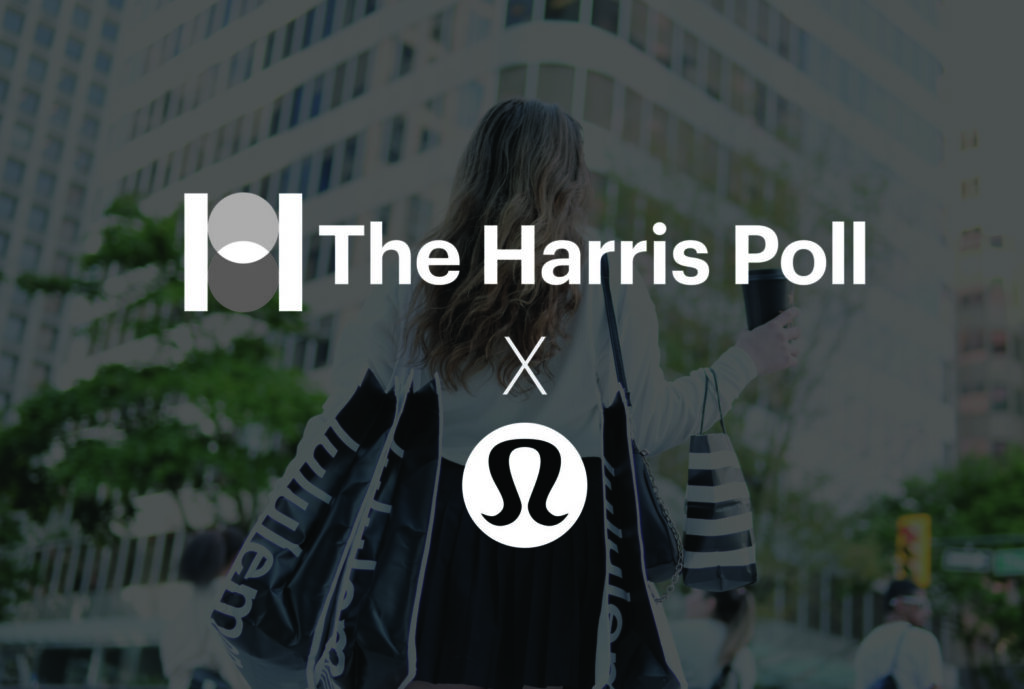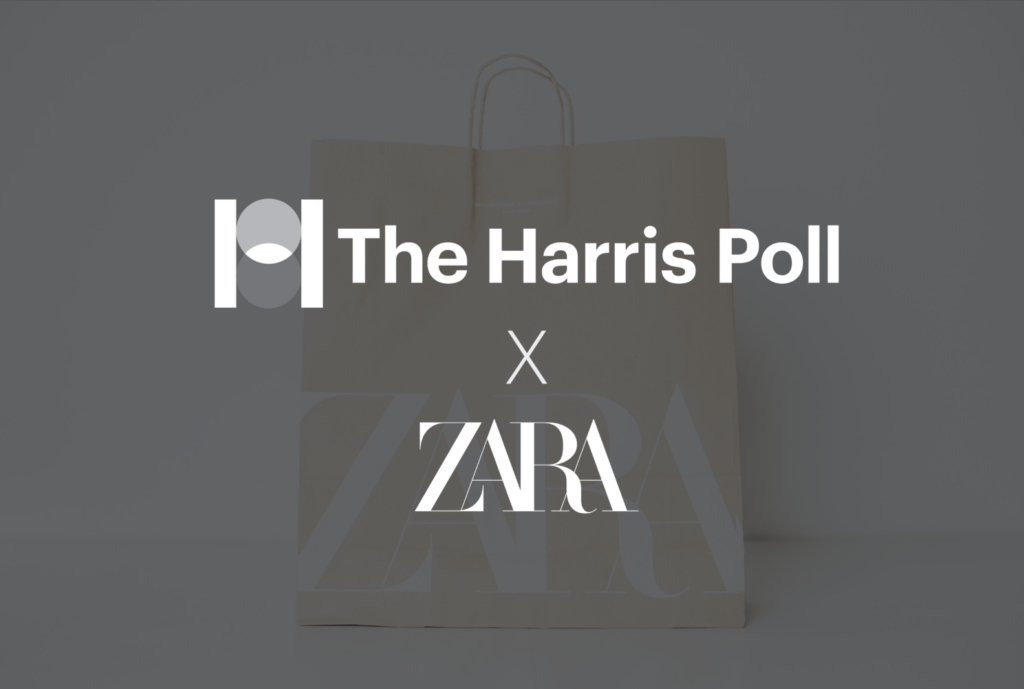Brief • 2 min Read

Many Americans are feeling the squeeze of a growing wealth gap, and in a recent survey conducted for Fast Company, The Harris Poll found a majority of Americans (54%) have a bleak outlook on their own prosperity compared to their parents. And it only becomes bleaker the further down the economic scale you look.
Sixty-three percent of low-income Americans and 58% of working-class Americans believe their generation will not be better off than their parents’. While 58% of lower-middle class Americans and 50% of upper-middle class Americans agreed.
Growing income gap is palpable, but the future looks rosier for upper middle class
Across social classes, people mostly agree that there is a growing income gap in the United States, with 84% agreeing overall. And it’s also an opinion shared across classes: 81% of lower-class (both low-income and working class), and 86% of middle class (both upper and lower) sense the gap.
However, the perceived impact diverges among economic classes. For the upper middle class, for example, becoming a member of the wealthy and elite is seen as an achievable goal, but it’s out of reach in the minds of the lower class. Sixty-four percent of upper-middle class Americans believe it’s an achievable goal, compared to only 44% of low-income and 48% of working class Americans who feel the same.
The middle class is changing for the better — or worse — depending on whom you ask
Even the definition of economic classes is at risk in the minds of some Americans. While upper-middle class Americans believe the definition of “middle class” is changing for the better, most lower-middle class Americans — who are also most likely to say the middle-class population will decrease over the next 10 years — disagree.
The survey found 63% of upper-middle class Americans feel the definition of “middle class” is changing for the better, while 58% of lower-class Americans disagree. What’s more, 40% of lower-middle class Americans believe the middle class population will decrease in the next decade, compared to only 27% of upper-middle class Americans who believe so.
Wealth cap isn’t the answer
Despite their mounting anxieties over a wealth gap, most Americans don’t agree with a wealth cap, i.e., a limit to the amount of personal wealth that private citizens can accumulate.
Less than a third of middle class Americans agree with implementing such policies — 29% of the upper-middle class and 31% of the lower-middle class.
While the idea finds more traction further down the economic ladder, the majority of low-income and working class Americans also disagree with the policy — with 44% of low-income Americans and 42% of working class Americans agreeing lawmakers should cap the accumulation of wealth in the U.S.
Methodology
This survey was conducted online within the United States by The Harris Poll on behalf of Fast Company between July 9-12, 2021, among 1,008 U.S. adults ages 18 and older. This online survey is not based on a probability sample and therefore no estimate of theoretical sampling error can be calculated. Figures for age, sex, race/ethnicity, education, region and household income were weighted where necessary to bring them into line with their actual proportions in the population. Propensity score weighting was used to adjust for respondents’ propensity to be online. For more information on methodology, please contact Dami Rosanwo.
Subscribe for more Insights
Subscribe to our newsletter for the latest trends in business, politics, culture, and more.
Download the Data
Get the full data tabs for this survey conducted online within the United States by The Harris Poll on behalf of Fast Company between July 9-12, 2021, among 1,008 U.S. adults ages 18 and older.
Download
Subscribe for more Insights
Subscribe to our newsletter for the latest trends in business, politics, culture, and more.
Download the Data
Get the full data tabs for this survey conducted online within the United States by The Harris Poll on behalf of Fast Company between July 9-12, 2021, among 1,008 U.S. adults ages 18 and older.
DownloadRelated Content







